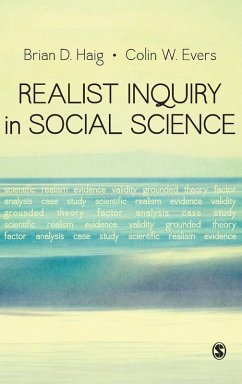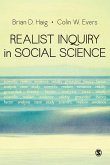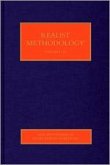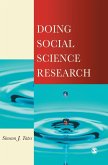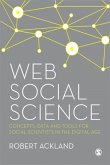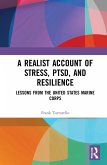Realist Inquiry in Social Science is an invaluable guide to conducting realist research. Written by highly regarded experts in the field, the first part of the book sets out the fundamentals necessary for rigorous realist research, while the second part deals with a number of its most important applications, discussing it in the context of case studies, action research and grounded theory amongst other approaches.
Grounded in philosophical methodology, this book goes beyond understanding knowledge justification only as empirical validity, but instead emphasises the importance of theoretical criteria for all good research. The authors consider both quantitative and qualitative research methods, and approach methodology from an interdisciplinary viewpoint. Using abductive reasoning as the starting point for an insightful journey into realist inquiry, this book demonstrates that scientific realism continues to be of major relevance to the social sciences.
Grounded in philosophical methodology, this book goes beyond understanding knowledge justification only as empirical validity, but instead emphasises the importance of theoretical criteria for all good research. The authors consider both quantitative and qualitative research methods, and approach methodology from an interdisciplinary viewpoint. Using abductive reasoning as the starting point for an insightful journey into realist inquiry, this book demonstrates that scientific realism continues to be of major relevance to the social sciences.
The current replication crisis in psychology makes professors Haig and Evers book as timely as it is erudite. Using philosophical realism as their organizing principle, they take the reader on a creative and insightful tour through validity, Grounded Theory, factor analysis and case studies in an effort to improve and advance psychological research.
James W. Grice 20151012
James W. Grice 20151012

